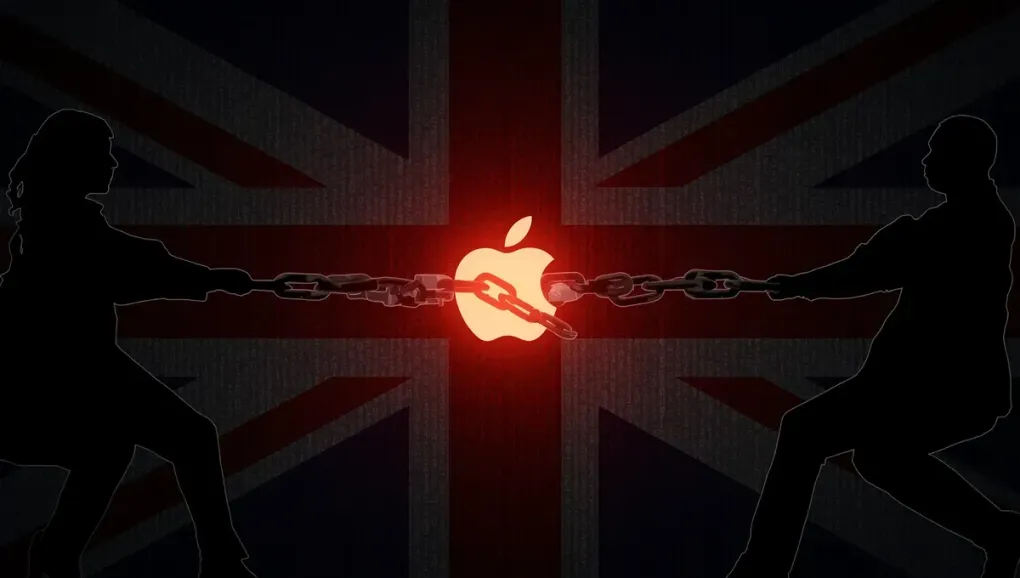
The Silent Surrender: How the UK Ceded to Apple and the US in the Privacy Battle
The Silent Battle for Encryption
Digital privacy is a constant battlefield, and the recent dispute between the UK, Apple, and the United States is a stark reminder of who truly holds power in the information age. The Financial Times revealed that the UK, after a controversial demand for access to Apple users’ encrypted data, backed down. And the most interesting part? This “victory” for privacy came with a little push from the US.
Initially, the British government, under the Investigatory Powers Act, demanded that Apple provide access to encrypted data of American citizens stored in iCloud. The idea was simple: if there’s something to hide, the government needs to know. But Apple, as usual, resisted. And it wasn’t alone.
The American Intervention: Privacy or Interests?
This is where the story gets more complex and, for me, somewhat skeptical. Vice President JD Vance and Director of National Intelligence Tulsi Gabbard were key figures in pushing the UK to withdraw the demand. The official narrative is that they intervened on behalf of the privacy and civil liberties of American citizens. A commendable stance, no doubt.
But is that all there is to it? Or is there a geopolitical and economic chess game behind it? Protecting American citizens’ data is one thing, but protecting the interests of one of the largest US tech companies is another. Apple is a global giant, and any precedent that forces it to “break” its encryption in one country could have global ramifications. The US intervention can be seen both as a defense of privacy and a defense of its own technological champions.
The Dangerous Precedent and the Fragility of Sovereignty
The UK’s retreat sets an important precedent. It shows that even with robust surveillance laws, the pressure from a powerful corporation and a strategic ally can be enough to change the course of national policy. This raises uncomfortable questions about digital sovereignty. To what extent can a country truly dictate the rules in its own territory when it comes to data that transits through global servers and is controlled by transnational companies?
The UK’s Investigatory Powers Act, often criticized for being overly intrusive, found its limit not in popular resistance or internal judicial decisions, but in external intervention. This should make us think about the real capacity of governments to protect (or invade) the privacy of their citizens in an increasingly interconnected world.
The Future of Encryption: A Continuous Battle
The battle for encryption is far from over. This episode is just another chapter in an ongoing war between governments seeking access to information and companies promising privacy to their users. The victory of Apple and privacy advocates in this case is a relief, but the pressure to weaken encryption will not disappear.
It is essential that, as citizens, we remain vigilant and skeptical. Official narratives often hide deeper layers of interests. Privacy is not a given; it is a constant struggle that demands our attention and questioning.


